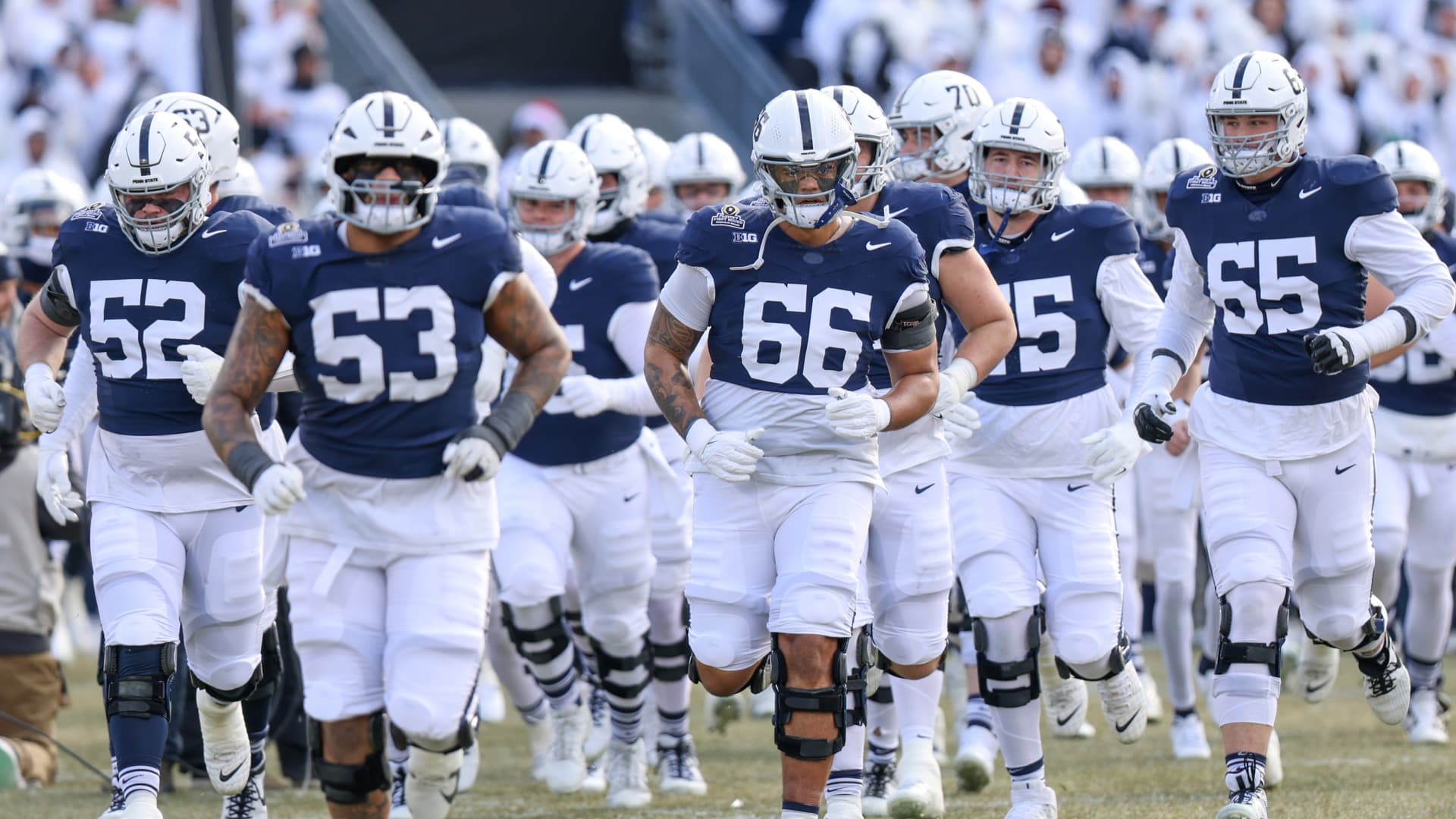The Impact of AI on the Transformation of College Sports
Artificial Intelligence (AI) is emerging as a crucial driver in reshaping the landscape of college sports, especially within the context of recent private equity investments such as those led by Elevate Sports Ventures. By integrating AI into the commercial and operational aspects of collegiate athletics, stakeholders are beginning to unlock new levels of efficiency, fan engagement, and revenue growth. This analysis explores how AI fits into the evolving collegiate sports ecosystem, its strategic applications, and the implications for both the industry and its human participants.
AI as a Catalyst for Enhanced Fan Engagement and Revenue Generation
One of the principal ways AI contributes to the modernization of college sports is through data-driven fan engagement. Elevate Sports Ventures exemplifies this by leveraging AI algorithms to personalize the fan experience — transforming passive brand followers into active, monetizable audiences. By analyzing behavioral data, preferences, and interaction patterns, AI systems can deliver tailored content, offers, and communications, increasing ticket sales, merchandise revenue, and digital viewership.
This dynamic personalization also extends to ticket pricing strategies, where AI enables real-time adjustments based on demand signals, competitor pricing, and external variables like weather or team performance. This level of sophistication enhances revenue optimization by aligning supply with consumer willingness to pay, a practice that has traditionally been underutilized in college sports compared to professional leagues.
Operational Efficiencies and Strategic Decision-Making
Beyond fan engagement, AI drives efficiencies behind the scenes. Athletic departments benefit from AI-powered analytics to streamline operations, such as resource allocation, scheduling, and scouting. In recruitment, for instance, machine learning models can analyze vast datasets to identify promising athlete prospects by assessing performance metrics, injury risk, and compatibility with team dynamics.
Moreover, AI tools assist executive leadership — a focus area for Elevate’s investments in talent advisory firms — by offering predictive insights and scenario modeling. This supports strategic decisions around budgeting, marketing spend, and facility upgrades, helping schools balance financial sustainability with competitive ambitions.
Navigating the Complexity of NIL Rights and Athlete Monetization
The emergence of Name, Image, and Likeness (NIL) rights presents a complex regulatory and commercial environment where AI can play a pivotal role. Platforms powered by AI can optimize market matching between athletes and potential sponsors, ensuring that endorsements and monetization opportunities are maximized while maintaining compliance with evolving rules.
By automating contract analysis, compliance checks, and performance tracking, AI reduces operational burdens on institutions and athletes, facilitating more transparent and efficient NIL marketplaces. This capability aligns with private equity’s agenda to professionalize athlete revenue streams without compromising regulatory adherence.
Ethical and Institutional Considerations in AI Deployment
While AI presents enticing benefits, integrating it into college sports requires careful consideration of ethical and institutional factors. The reliance on algorithmic decisions must be transparent, particularly in recruitment and player evaluation, to avoid biases that might unfairly advantage or marginalize athletes. Additionally, overemphasis on data metrics risks overshadowing the educational and developmental mission of college sports.
Institutions must also remain vigilant against excessive commercialization pushed by data-driven optimization, which could erode fan loyalty if perceived as exploitative. Clear governance frameworks and stakeholder engagement are essential to ensure that AI tools enhance, rather than diminish, the spirit of collegiate athletics.
The Broader Role of AI within Private Equity’s Vision
Elevate Sports Ventures’ deployment of AI exemplifies a broader trend where private equity embraces technology to revolutionize traditional sports ecosystems. By embedding AI within investment strategies, they not only improve operational returns but also position collegiate sports to compete with professional leagues in fan experience, athlete management, and innovation capacity.
This technology-driven approach aligns seamlessly with the consolidation and professionalization trends in the industry, making athletics departments more agile, data-savvy, and financially resilient.
Conclusion: AI as a Cornerstone in the Future of College Sports
AI is no longer a futuristic concept but a present-day enabler shaping the trajectory of collegiate athletics. Through sophisticated fan engagement, operational analytics, NIL marketplace optimization, and strategic leadership support, AI strengthens the foundation upon which private equity investments like Elevate Sports Ventures build sustainable growth.
Balancing AI’s transformative power with the values of amateurism and education will be critical to forging a future where technology enriches rather than disrupts the college sports experience. As AI continues to integrate into the fabric of collegiate athletics, it will redefine not only how games are played and watched but also how the entire sports ecosystem operates and thrives.

